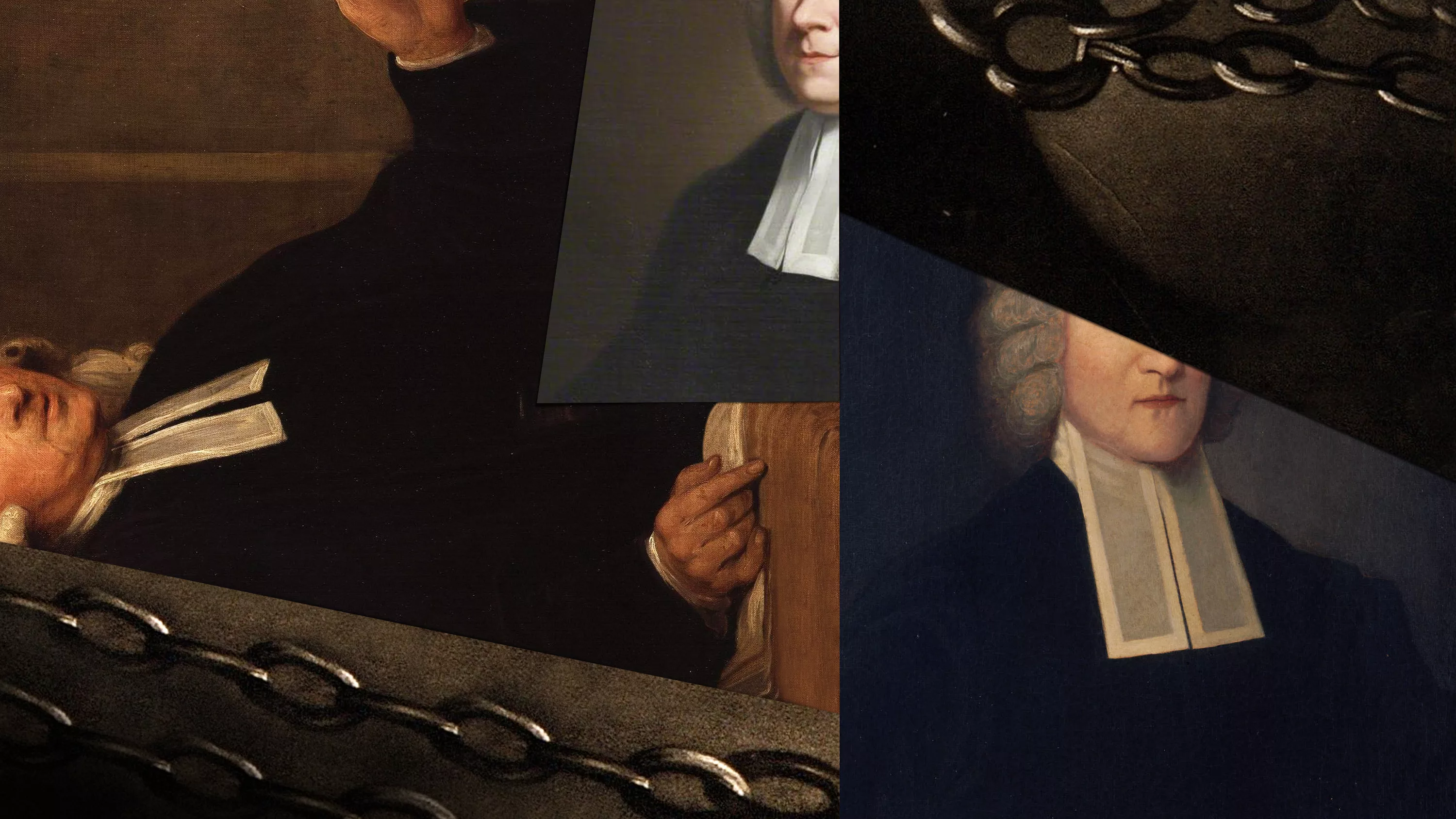
A new book steers between full condemnation and “men of their time” dodges.
How should white evangelicals think about slavery and past evangelical heroes who affirmed its practice? A new book by historian Sean McGever, Ownership: The Evangelical Legacy of Slavery in Edwards, Wesley, and Whitefield, helps us process these matters with historical accuracy and Christlike humility.
For many white American evangelicals, the issue of slavery is not much of an “issue” at all. After all, we live in a day where every country in the world outlaws the practice (at least on paper). We are rightly repulsed by practices reminiscent of slave ownership, like human trafficking and sweat shops. And we celebrate past evangelical leaders, like William Wilberforce, who tirelessly campaigned against the institution. Our denominations no longer split over slave ownership as they did prior to the American Civil War. Slavery, we thankfully conclude, lies in the rearview mirror of history.
Without denying the truth in these claims, there are two problems with this assessment. First, slavery, broadly construed, is still a live issue for a significant number of Americans, many of whom are believers in Christ. Just like Jews and Muslims carry with them a historical sense—a “communal memory,” if you will—of atrocities done to their ancestors by Christians (like pogroms and the Crusades), many Black Americans carry a remembrance of their ancestors’ subjection to slavery, segregation, and other forms of injustice. Consequently, they experience slavery and its aftereffects as painfully present realities.
Second, many of our white evangelical heroes have a complex relationship with slavery, a fact that can complicate our contemporary witness. What are white evangelicals saying when we honor …

